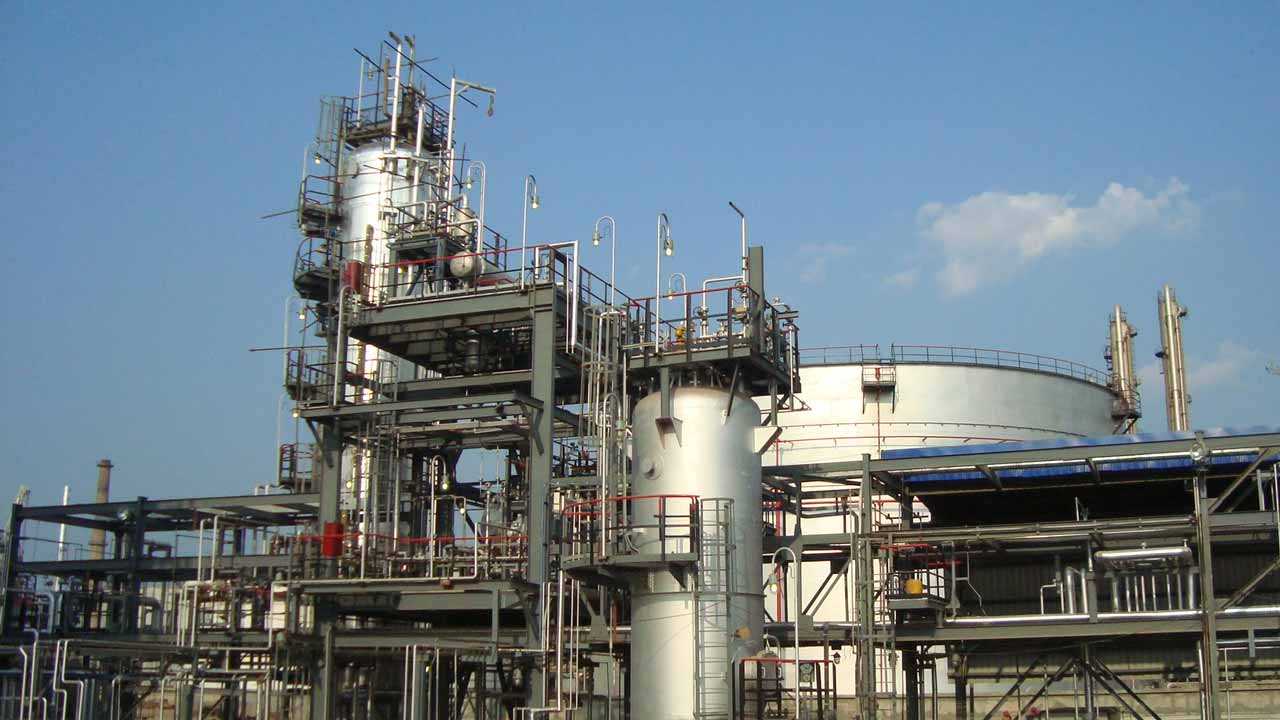
Those faulting the decision to invite competent private companies to operate and maintain the would-be repaired NNPC-refineries have not diligently studied the recurring challenges in Nigeria’s Downstream petroleum sub sector. I so aver with a profound sense of responsibility.
The unflattering history of these refineries are well known. Hundreds of millions of dollars are spent on Turn Around Maintenance (TAM) to have them functioning optimally, but no sooner than they are back on-stream than the plants start malfunctioning.
And, most disconcerting of all, in the short period in which they managed to function, aggregate plant availability (capacity utilisation) is 30 per cent. (For petroleum refineries, the figure should be in excess of 70 per cent for viability).
Therefore, one thing is certain: it is either those refineries were sub-standard, ab initio, or the personnel operating and maintaining them lack the requisite competences to optimally run refineries.
Bearing in mind that the petroleum sector is an internationally regulated industry, it is fair to assume that the probability of the former scenario is virtually zero.
Furthermore, various technical reviews on the refineries have respectively affirmed that the government refineries in Port Harcourt, Warri, and Kaduna, meet industry standard. We then turn our attention to the personnel manning the refineries. To enable us answer the question of requisite competences, we need to review the history of Nigeria’s petroleum Downstream.
Nigeria’s premier refinery (Port Harcourt) was conceived, designed and finally delivered in 1965 by British Petroleum (BP). It was a Build, Operate and Transfer (BOT) project in conjunction with Nigeria. Unfortunately, few short months following its commissioning, Nigeria suffered her first coup de ta in January 1966, which tragically culminated in a Civil War in 1967. The BOT programme was thus aborted, since the refinery was now technically in ‘another country’.
Following the end of hostilities in 1970, the federal government commenced the process of stabilising the country, inclusive of bringing back BP. Nigeria had gone from a democracy to a military dictatorship in the period since BP was previously the West African giant. The process of having BP resume their BOT programme didn’t prove to be exactly a ‘walk in the park’. It lingered, but eventually BP did resume the BOT programme, only for yet another coup de ta to pre-maturely abort it in 1975.
This time the abortion was for good, as the new military junta, unilaterally nationalised the premier refinery. BP consequently left Nigeria in utter anger. The BOT programme inevitably miscarried.
That nationalisation of Port Harcourt refinery was to approve a watershed event in Nigeria’s petroleum downstream subsector, because it sought to domesticate an arm of an inherently international industry!
The subsequent refineries, Warri, Kaduna, and PH II were delivered on a Turn-Key basis, leaving out the all-important operate and transfer components. Is anyone at this junction still in wonder why Nigeria remains the only OPEC country importing her petroleum products? She simply has utterly failed to develop in-country capacity to run petroleum refineries!
That was the reason, Afrexim Bank prior to granting the loans for the ongoing refineries-repairs, insisted to the former president, Muhamadu Buhari, that the prospective turnaround maintenance must be on a BOT basis. The very thing that had eluded Nigeria since 1975! Kudos to Buhari for making up for the evident lapses of previous military governments.
It is a horrible oversight for a country to spend hundreds of millions of dollars to build industrial plants without adequately including the crucial components that would develop her essential local manpower. All those who are calling for a precipitate action to auction off government-owned refineries are unwittingly seeking to perpetuate that horrible oversight.
Nigerian National Petroleum Company Limited must not allow itself to be distracted; they certainly got their acts right on the BOT components of the ongoing TAM.
Nkemdiche, an engineering consultant, wrote from Abuja.






